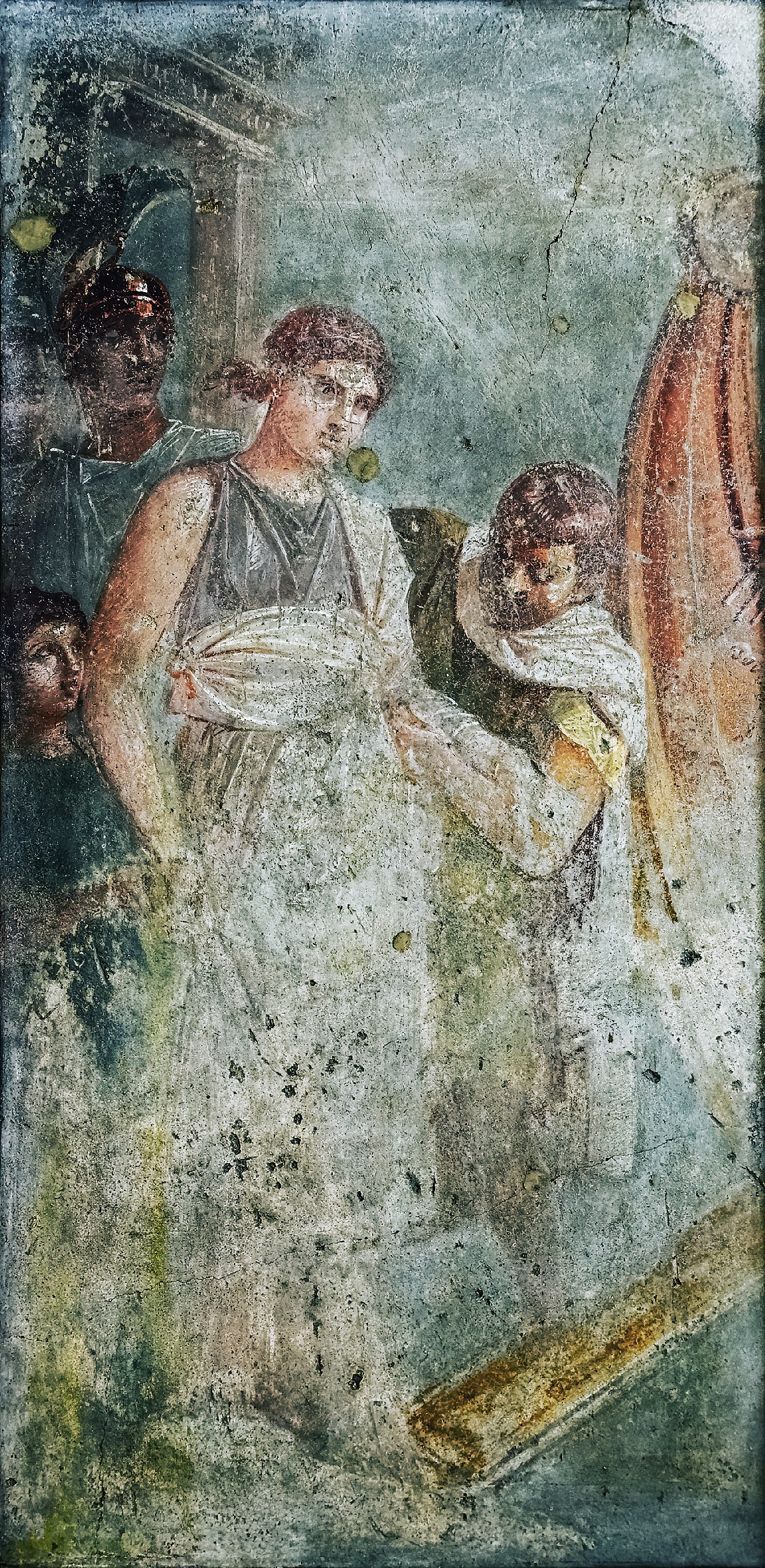Ahead of Valentine's Day, I thought I'd share some things that I thought were interesting about Aphrodite, the Greek Goddess of love:
1. Aphrodite Was Born from Sea Foam.
In Greek mythology, it's said that Aphrodite was born from the sea foam that formed when Cronus cut off Uranus's genitals and threw them into the ocean. As the spirit of desire and physical attraction, Aphrodite's birth story reflects the power of nature and the irresistible force of passion.
2. She Was Married to Hephaestus.
Despite her reputation as the goddess of love and beauty, Aphrodite had a less-than-romantic marriage with Hephaestus, the god of blacksmiths and volcanoes. Hephaestus was unattractive and had a limp, and Aphrodite had several affairs with other gods and mortals. To me, this seem like an unlikely match.
3. She Possessed a Magic Girdle.
To make herself even more desirable and seductive, Aphrodite had a magic girdle that could make anyone fall in love with her. It's said that she used this girdle to win the hearts of both gods and mortals and cause conflicts and jealousy among them.
4. She Had Children with Several Gods and Mortals.
Aphrodite was famous for her many love affairs, and she had children with several gods and mortals. Her most famous son was Eros, the god of love and passion, who was sometimes depicted as her lover as well.
5. She Was Worshiped throughout Ancient Greece.
As the goddess of love and beauty, Aphrodite was a popular deity throughout ancient Greece and was worshiped in many cities and temples. She was also associated with fertility, sexuality, and even war, as seen in her role as a protector of soldiers and sailor.
6. Her Symbols Included Doves, Roses, and Mirrors.
Like most deities, Aphrodite had several symbols that represented her qualities and powers. Her most common symbols were doves, roses, and mirrors, which reflected her beauty, love, and vanity.

 en.wikipedia.org
en.wikipedia.org



